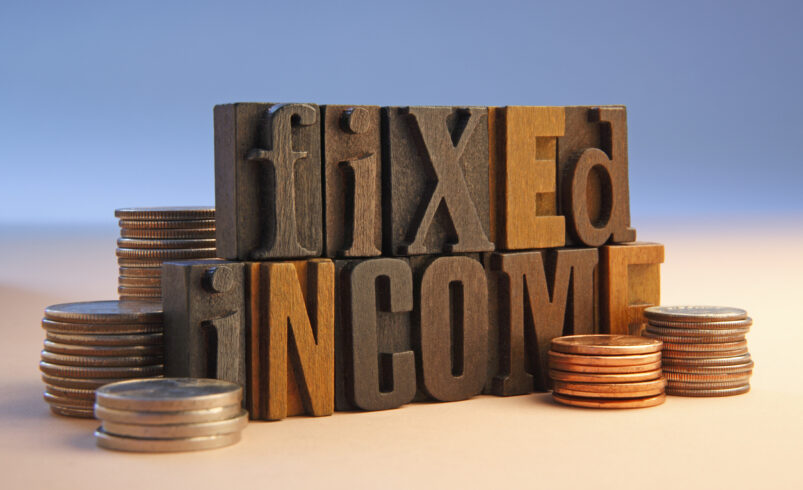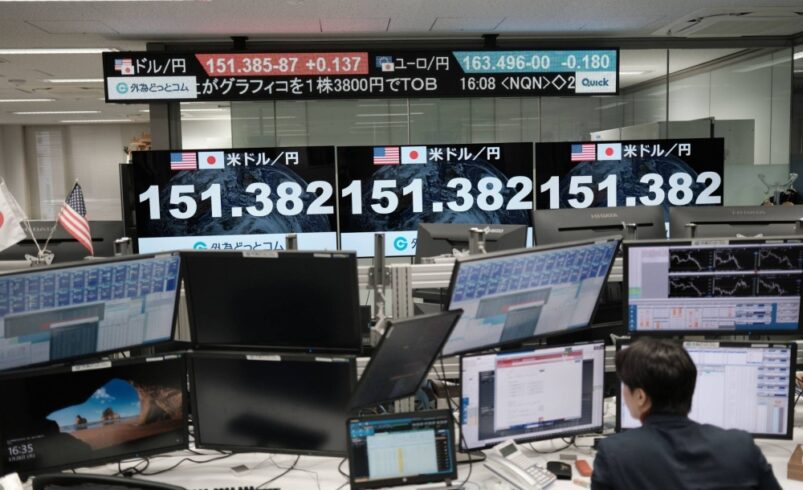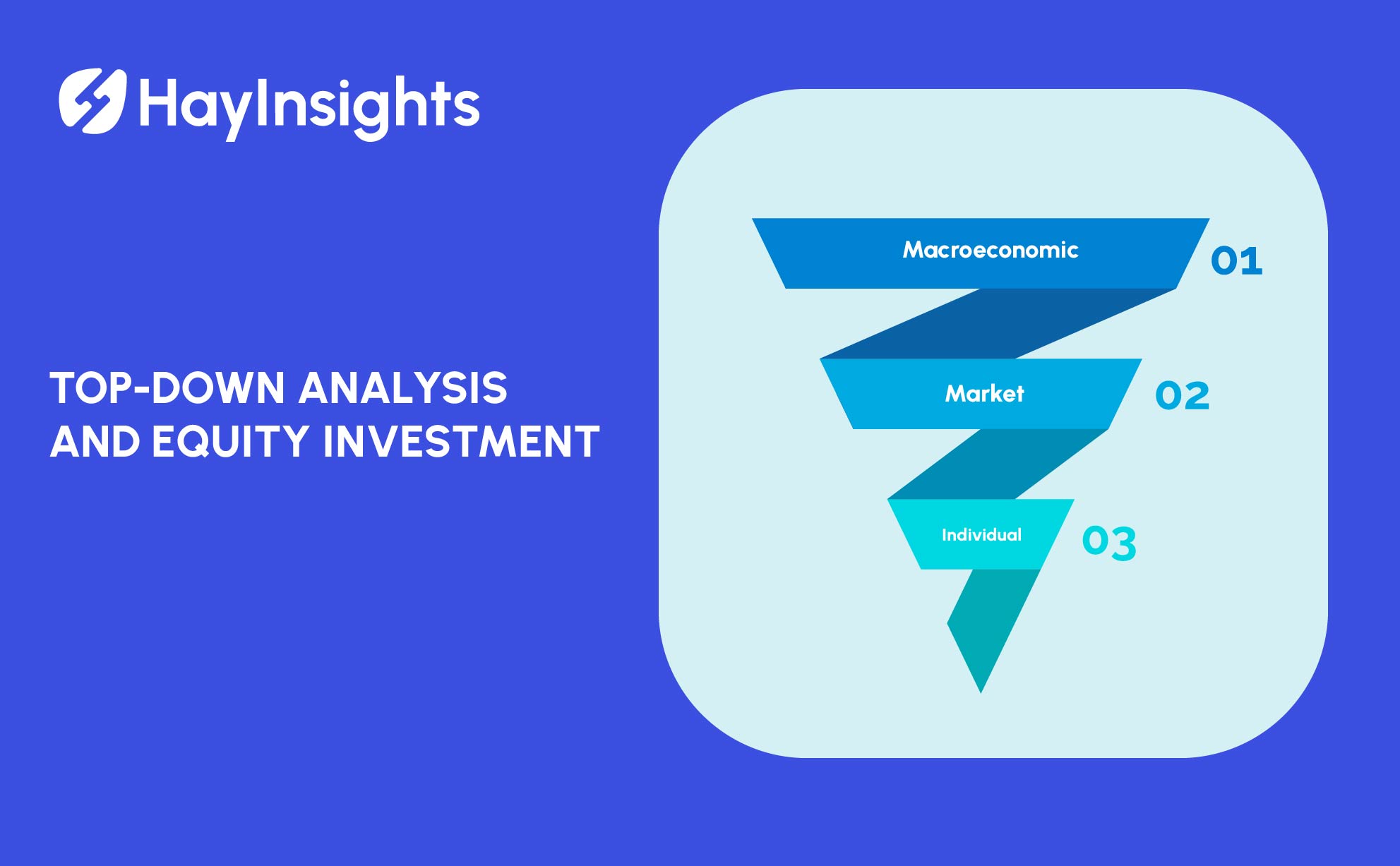
Fixed Income Investment Landscape in Japan
Fixed-income investment is a cornerstone of the financial markets, providing a steady stream of income with lower risk compared to equities. In Japan, this type of investment has unique characteristics influenced by the country’s economic environment, demographic trends, and monetary policy. This comprehensive guide delves into the world of fixed-income investment in Japan, offering insights into its current landscape and future outlook.
Introduction to Fixed Income Investment
Fixed-income investments are financial instruments that provide returns in the form of regular, fixed-interest payments and the return of principal upon maturity. Common types include government and corporate bonds, municipal bonds, and other debt securities. These investments are typically less volatile than equities and are favored by investors seeking steady income and capital preservation.
Importance of Fixed Income Investment in a Portfolio
Fixed-income investments play a crucial role in diversified investment portfolios. They offer predictable income, reduce overall portfolio volatility, and act as a hedge against economic downturns. For retirees and risk-averse investors, fixed-income securities are particularly attractive as they provide a stable and reliable income stream.
Overview of the Japanese Financial Market
Japan’s financial market is one of the largest in the world, characterized by a mix of traditional banking systems and modern financial instruments. The market is heavily influenced by the country’s unique economic conditions, including prolonged low interest rates and deflationary pressures.
Historical Context of Fixed Income Investment in Japan
Japan’s fixed-income market has a rich history, shaped by its post-war economic recovery and subsequent growth phases. Government bonds, known as JGBs (Japanese Government Bonds), have been a cornerstone of the market, providing a safe investment haven during periods of economic uncertainty.
Key Players in Japan’s Fixed Income Market
The key players in Japan’s fixed-income market include the Bank of Japan (BOJ), government agencies, large institutional investors like pension funds and insurance companies, and individual retail investors. These entities play significant roles in issuing, purchasing, and trading fixed-income securities.
Types of Fixed Income Securities in Japan
Government Bonds: A Closer Look
Japanese Government Bonds (JGBs) are the most prominent fixed-income securities in Japan. They come in various maturities, including short-term, medium-term, and long-term bonds. JGBs are considered extremely safe due to the government’s backing, making them a staple for conservative investors.
Corporate Bonds in Japan
Corporate bonds issued by Japanese companies offer higher yields compared to JGBs but come with increased risk. The corporate bond market in Japan is robust, with a range of issuers from different sectors providing investment opportunities.
Municipal Bonds: Local Government Financing
Municipal bonds, issued by local governments, are another important segment of Japan’s fixed-income market. These bonds are used to finance public projects and infrastructure, offering tax advantages and moderate risk.
The Role of the Bank of Japan
The Bank of Japan (BOJ) plays a pivotal role in the fixed-income market through its monetary policy and quantitative easing programs. The BOJ’s policies significantly influence interest rates and bond yields, impacting the attractiveness of fixed-income investments.
Interest Rates and Their Impact on Fixed Income Investment
Interest rates are a critical factor in fixed-income investment. In Japan, the prolonged low interest rate environment has led to lower yields on bonds, pushing investors to seek higher returns in alternative fixed-income instruments.
Inflation and Deflation: Economic Considerations
Japan’s economy has faced persistent deflationary pressures, impacting the fixed-income market. Deflation increases the real value of fixed income returns, while inflation erodes it. Understanding these dynamics is crucial for fixed-income investors.
Demographic Trends Affecting Fixed-Income Investment
Japan’s aging population influences the fixed-income market, as retirees seek stable income sources. This demographic trend increases the demand for fixed-income securities, shaping market dynamics and investment strategies.
Investment Strategies for Fixed Income Securities
Effective fixed-income investment strategies in Japan include laddering, barbell strategies, and bond fund investments. Diversifying across different types of bonds and maturities helps manage risk and optimize returns.
Risk Management in Fixed Income Investment
Risk management is vital in fixed-income investment. Key risks include interest rate risk, credit risk, and inflation risk. Employing strategies like duration management and credit analysis helps mitigate these risks.
Regulatory Environment and Its Impact
Japan’s regulatory environment affects the fixed-income market through rules governing the issuance, trading, and taxation of bonds. Understanding regulatory changes is essential for investors to navigate the market effectively.
The Future of Fixed Income Investment in Japan
The future of fixed income investment in Japan is shaped by factors like economic policy, demographic changes, and technological advancements. Innovations in fintech and sustainable finance are expected to influence market trends.
Comparative Analysis with Other Markets
Comparing Japan’s fixed-income market with other major markets, such as the US and Europe, reveals differences in yields, risk profiles, and investor behavior. These comparisons provide valuable insights for global investors.
FAQs
What are the main types of fixed-income securities in Japan?
The main types include Japanese Government Bonds (JGBs), corporate bonds, and municipal bonds.
How does the Bank of Japan influence the fixed-income market?
The BOJ influences the market through monetary policy and quantitative easing, impacting interest rates and bond yields.
Why are JGBs considered safe investments?
JGBs are backed by the Japanese government, making them low-risk compared to corporate or municipal bonds.
What is the impact of Japan’s aging population on fixed-income investment?
The aging population increases the demand for stable income sources, boosting the appeal of fixed-income securities.
How do interest rates affect fixed-income investments?
Lower interest rates result in lower bond yields, prompting investors to seek higher returns in alternative fixed-income instruments.
What strategies can investors use to manage risks in fixed income investment?
Strategies include laddering, barbell strategies, duration management, and thorough credit analysis.
Conclusion
Fixed-income investment in Japan offers unique opportunities and challenges shaped by the country’s economic conditions, demographic trends, and monetary policies. By understanding the intricacies of Japan’s fixed-income market, investors can make informed decisions to optimize their portfolios and achieve their financial goals.













